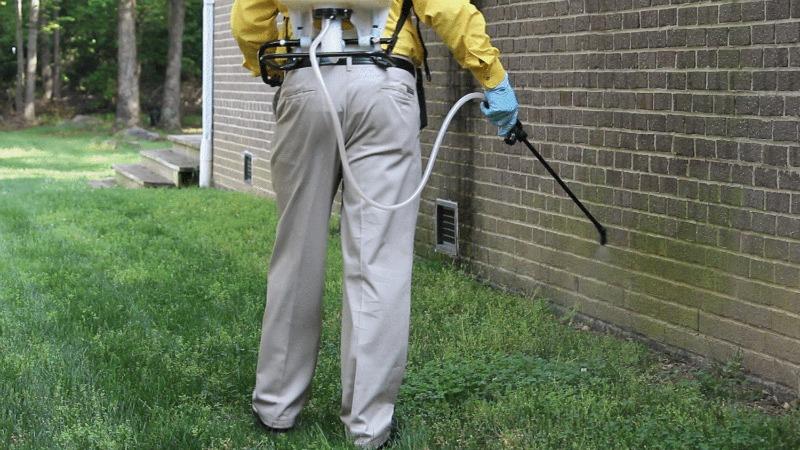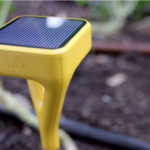Natural Solutions for Pest Control: Eco-Friendly Approaches for a Healthy Garden

12 October 2023
In recent years, there has been a growing awareness of the environmental impact of chemical pesticides. Many gardeners are now turning to eco-friendly, natural solutions for pest control. These methods not only protect your garden but also contribute to a healthier environment.
Beneficial Insects: Nature’s Pest Controllers
Encouraging beneficial insects in your garden is a natural and effective way to control pests. Ladybugs, lacewings, and predatory beetles are natural predators of aphids and other small insects. By planting flowers like marigolds, daisies, and fennel, you can attract these insects and create a balanced ecosystem where pests are kept in check.
Composting and Soil Health
Healthy soil is the foundation of a thriving garden. Incorporating compost into your soil not only enriches its fertility but also promotes the growth of beneficial microorganisms. These microorganisms naturally suppress harmful pests and diseases. Compost tea, a liquid fertilizer made from compost, can be sprayed on plants to boost their immune systems, making them more resistant to pests.
Natural Repellents
Certain plants and substances act as natural repellents against pests. For example, planting marigolds around your garden can deter nematodes, microscopic worms that damage plant roots. Garlic, chili peppers, and peppermint oil can be used to create natural insect repellent sprays. These solutions are harmless to humans and pets, making them an excellent choice for eco-conscious gardeners.
Conclusion
Pest control in the garden doesn’t have to rely on harsh chemicals that harm the environment. By understanding your pests, implementing preventive measures, and embracing natural solutions, you can protect your garden in an eco-friendly way. Gardening harmoniously with nature not only safeguards your plants but also contributes to the overall well-being of the environment, creating a win-win situation for both you and the planet.





